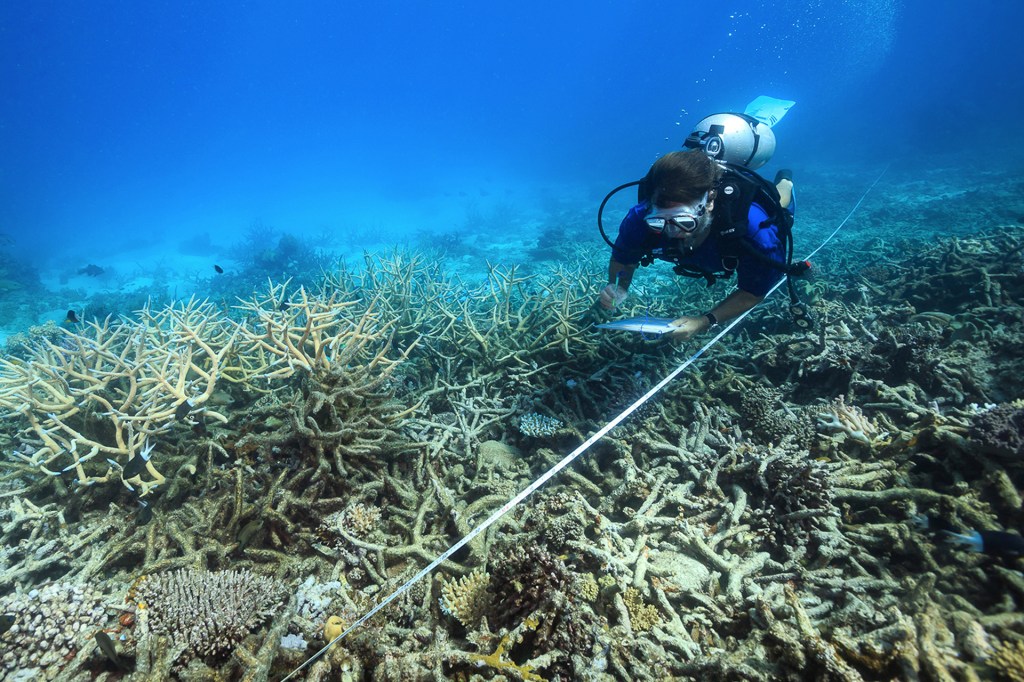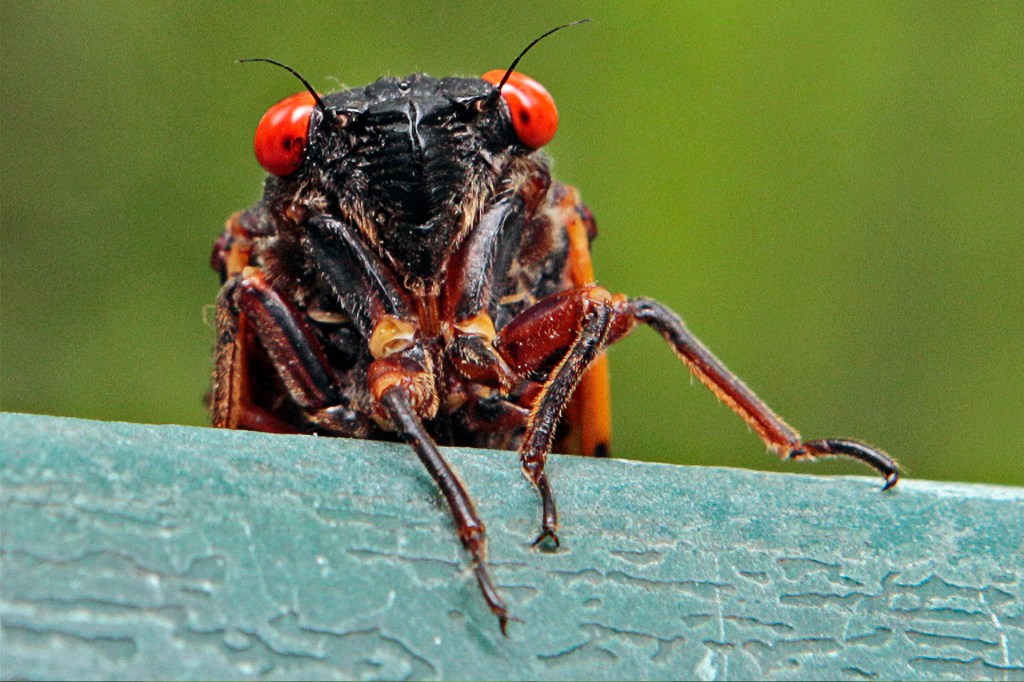The Battle for Coral Reefs

Half of the world’s coral reefs have died in the last 30 years. The fight to save the remaining reefs just got more complicated. New research shows that even if people succeed in protecting reefs from pollution and overfishing, global warming remains a deadly threat.
The researchers published their study in the journal Nature. They looked at data from recent bleaching events in the Great Barrier Reef. It is off the coast of Australia. Warm water temperatures, pollution, and overfishing can lead coral to bleach and die.
The bleaching events in the study were largely caused by rising water temperature. The researchers found that efforts to improve water quality and stop overfishing did not increase the reefs’ chances of survival.
Coral looks like rock, but it is actually made up of many tiny animals and their skeletons. Reefs are home to one in every four species in the ocean. Reefs also protect coastlines from the force of powerful storms.
Researchers say the results of the study highlight the importance of fighting climate change. Reefs could become extinct if temperatures continue to rise at the current rate.
But there’s still time to protect the world’s remaining reefs, says one of the study’s authors, Terry Hughes. He’s the director of the ARC Centre of Excellence for Coral Reef Studies.
“If temperatures keep rising, we’ll see bleaching on most reefs around the world,” Hughes says. “[But] we still have a narrowing window of opportunity to save all of the coral reefs.”











